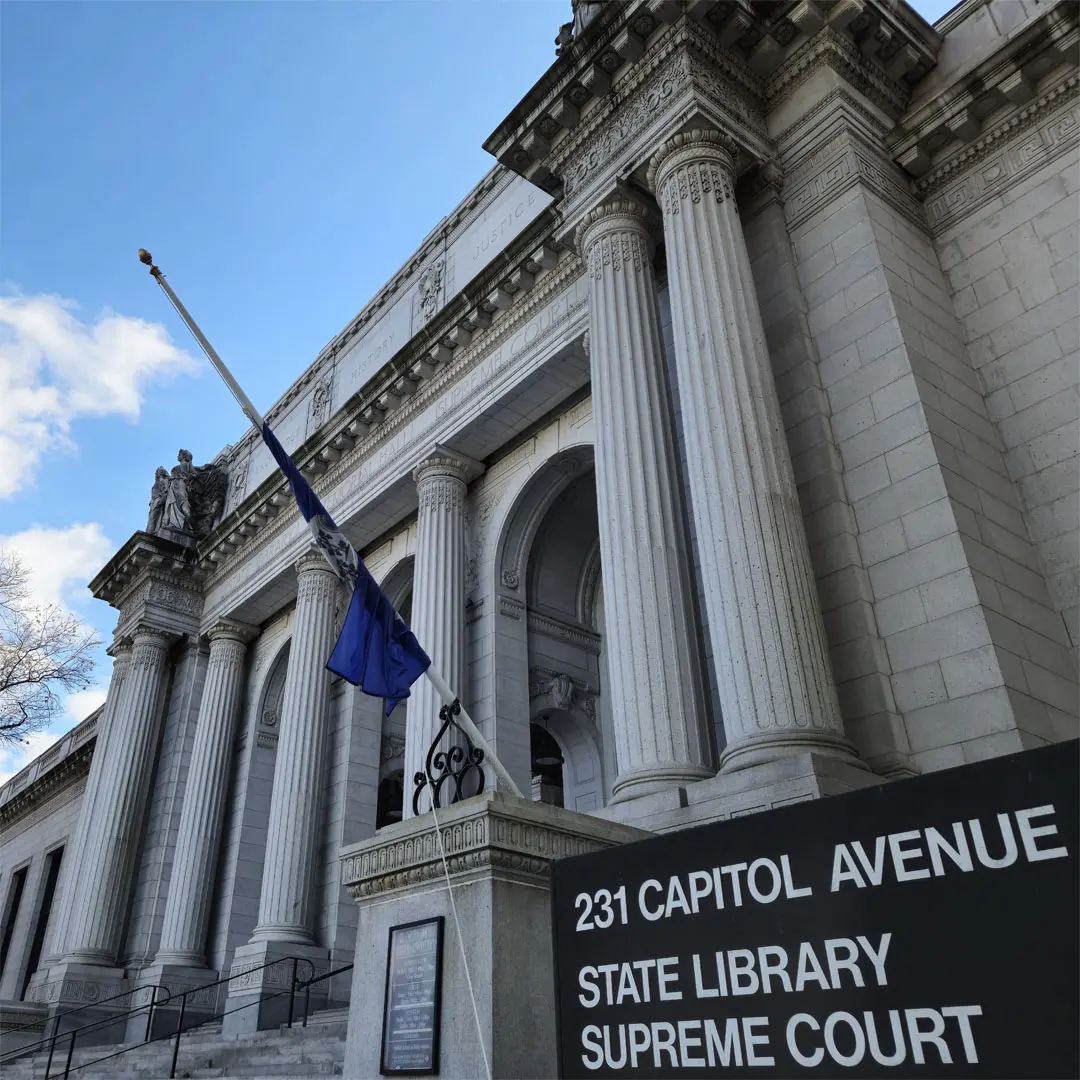An Insurer’s Conduct Can Render a Cancellation Notice Ambiguous
An insurer’s conduct can render a cancellation notice that otherwise complies with General Statutes § 31-348 indefinite, uncertain, and ambiguous. This decision from the Connecticut Supreme Court highlights the importance of clarity in cancellations and provides guidance for attorneys handling such cases.
Case Background
Thomas Napolitano, doing business as Napolitano Roofing, held workers’ compensation insurance policies issued by Ace American Insurance Company. After Napolitano failed to submit payroll and tax records required for an audit, the insurer sent two notices on April 5, 2018.
The first, a noncooperation notice, stated that if the required documents were not provided, the policy would be canceled. It noted that if the audit was not conducted before the effective cancellation date, the cancellation would remain in effect. But this notice did not specify a cancellation date.
The second notice explicitly stated that the policy was canceled, effective April 25, 2018.
After receiving these notices, Napolitano submitted the requested documents on April 7, 2018. His insurance producer confirmed his compliance and issued two certificates of insurance, certifying his workers’ compensation coverage.
Despite these actions, the insurer later denied coverage for a May 2018 workplace injury, claiming the policy had been canceled as of April 25, 2018. Napolitano sued for, among other things, breach of contract, arguing that the notices were ambiguous and failed to meet the requirements for policy cancellation.
The trial court granted summary judgment for Napolitano, finding that the cancellation was not unambiguous and equivocal.
On appeal, the Connecticut Appellate Court held that the cancellation notice strictly complied with § 31-348, and therefore, was valid. It did not consider the noncooperation notice or other communications. The Connecticut Supreme Court then granted certification to appeal.
Connecticut Supreme Court’s Analysis and Decision
On certification, the Supreme Court rejected the Appellate Court’s narrow focus on General Statutes § 31-348. After conducting a statutory construction analysis, pursuant to § 1-2z, the Supreme Court clarified the proper analytical framework: when considering whether notice of a workers’ compensation insurance policy cancellation was sufficiently definite and certain, courts must consider all relevant communications between the parties, rather than limit the analysis to the notice received by the chairperson under § 31-348.
Analyzing the issue under the clarified framework, the Connecticut Supreme Court concluded that the cancellation notice in this case was not objectively definite and certain for three reasons:
- Napolitano received 2 conflicting notices (noncooperation and cancellation) on the same day.
- After submitting the requested audit documentation, Napolitano’s insurance producer informed him that he was in compliance and insured.
- The insurer did not communicate the effective date of cancellation in its notices to Napolitano.
The Court concluded that these actions created “indefinite and ambiguous information concerning the status of his insurance coverage, what was required to maintain that coverage, and what the consequences would be for not meeting the compliance deadline.” Accordingly, the Supreme Court reversed the Appellate Court’s judgment and remanded with direction to affirm the trial court’s decision granting summary judgment in favor of the plaintiff-insured.
Requirements to Cancel a Workers’ Compensation Insurance Policy
Following Napolitano, insurers must meet two separate requirements to effectively cancel a workers’ compensation insurance policy:
- Contractual clarity: As a matter of common law contractual principles governing the relationship between the insurer and insured, insurers must provide definite, certain, and unambiguous cancellation notices.
- Statutory compliance: Insurers must strictly comply with General Statutes § 31-348, which requires filing a certain and unequivocal cancellation notice with the Chairperson of Workers’ Compensation at least 15 days before the cancellation becomes effective.
Bonus Appellate Tip
The Connecticut Supreme Court has the discretion to rephrase certified issues during the appellate review process. In Napolitano, the Court broadened the certified issue to include whether all communications—not just statutory filings—must be considered in determining the validity of a policy cancellation.
Takeaway for Trial Attorneys
This complex litigation appeal underscores the importance of clear and consistent communications in workers’ compensation policy cancellations. Trial attorneys should be vigilant when representing clients in disputes involving ambiguous or conflicting cancellation notices.
Read the full decision in Napolitano v. Ace American Insurance Co.
If you encounter similar issues or have questions about appellate procedures, feel free to contact me.


